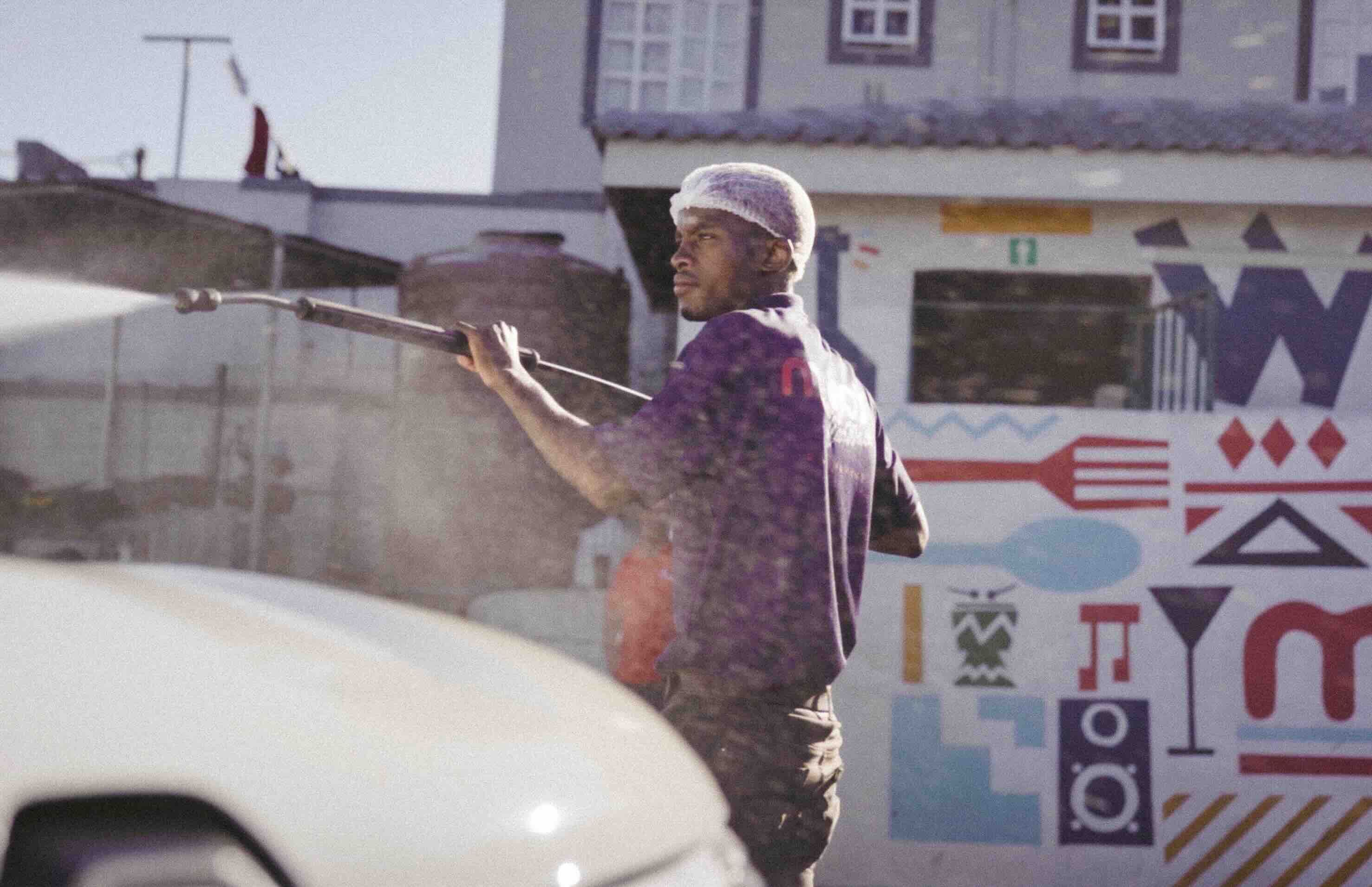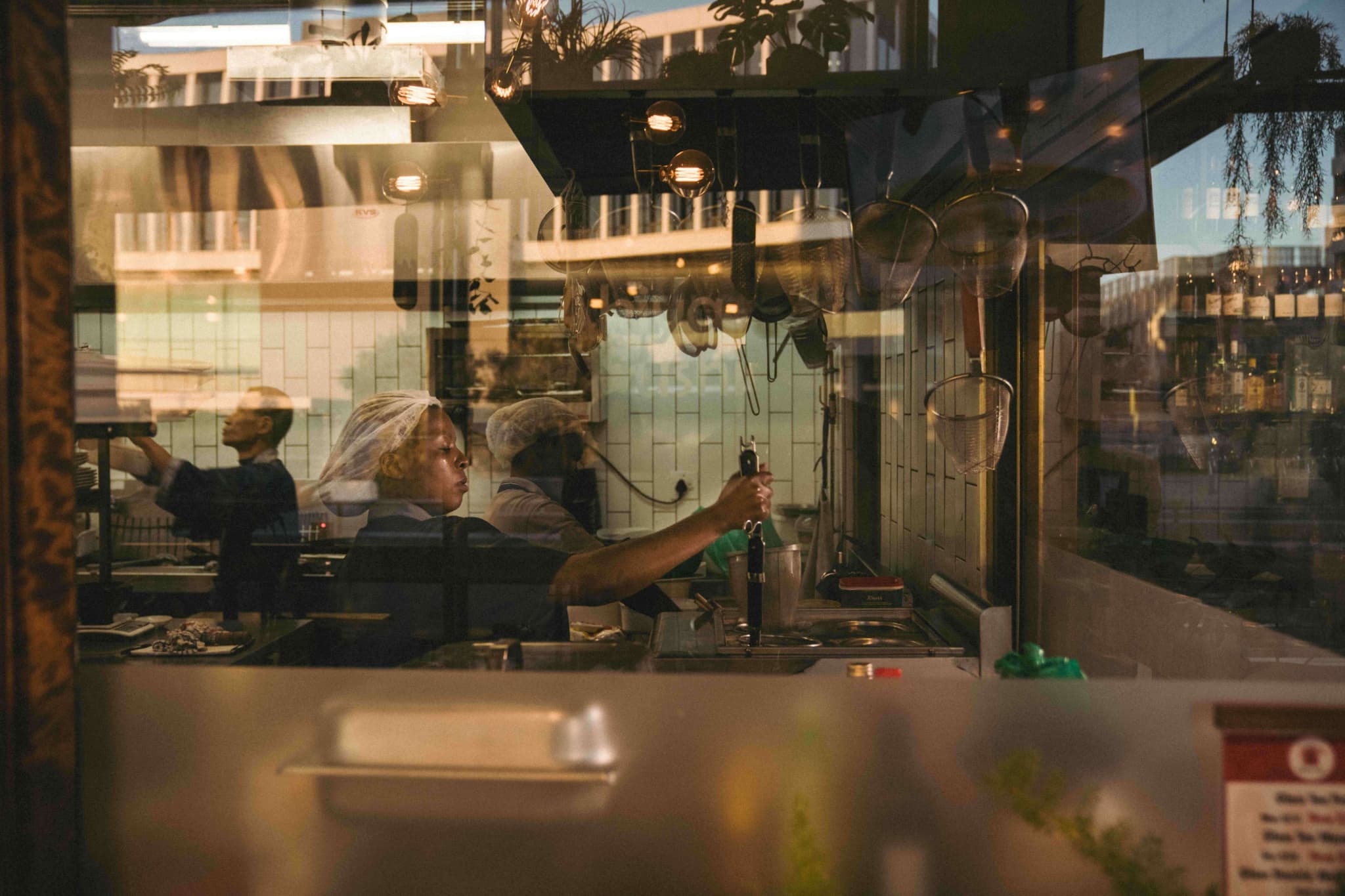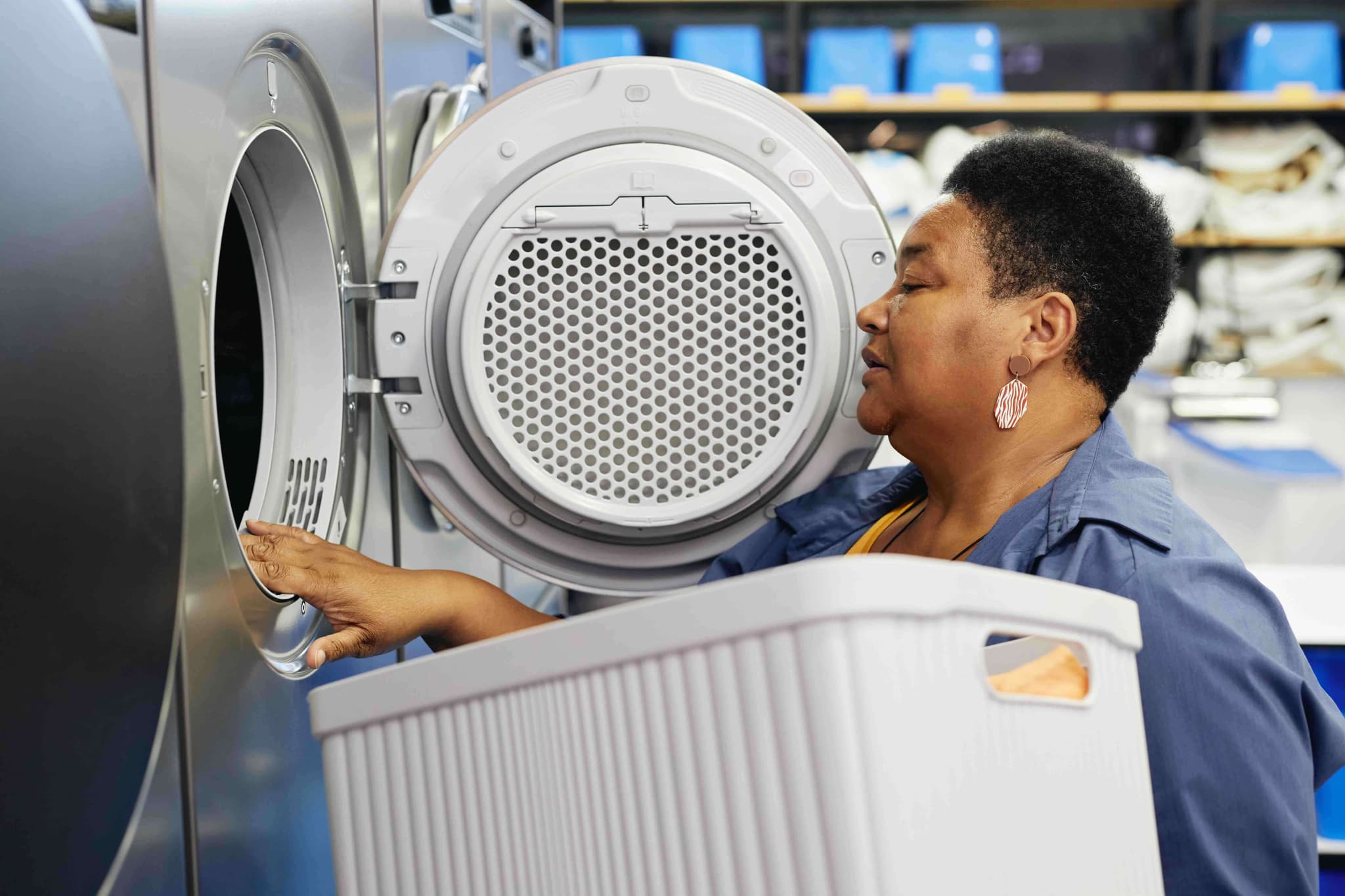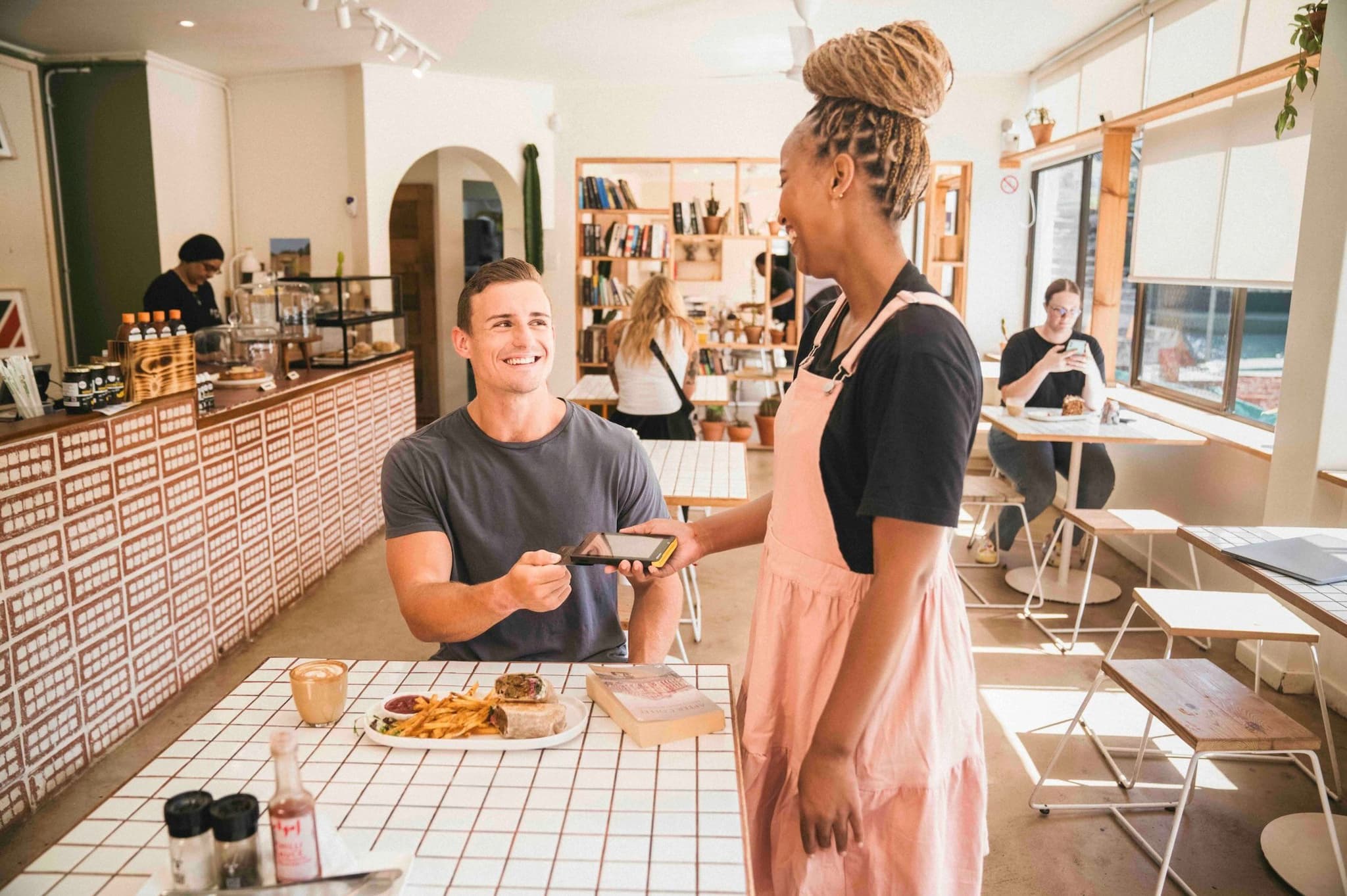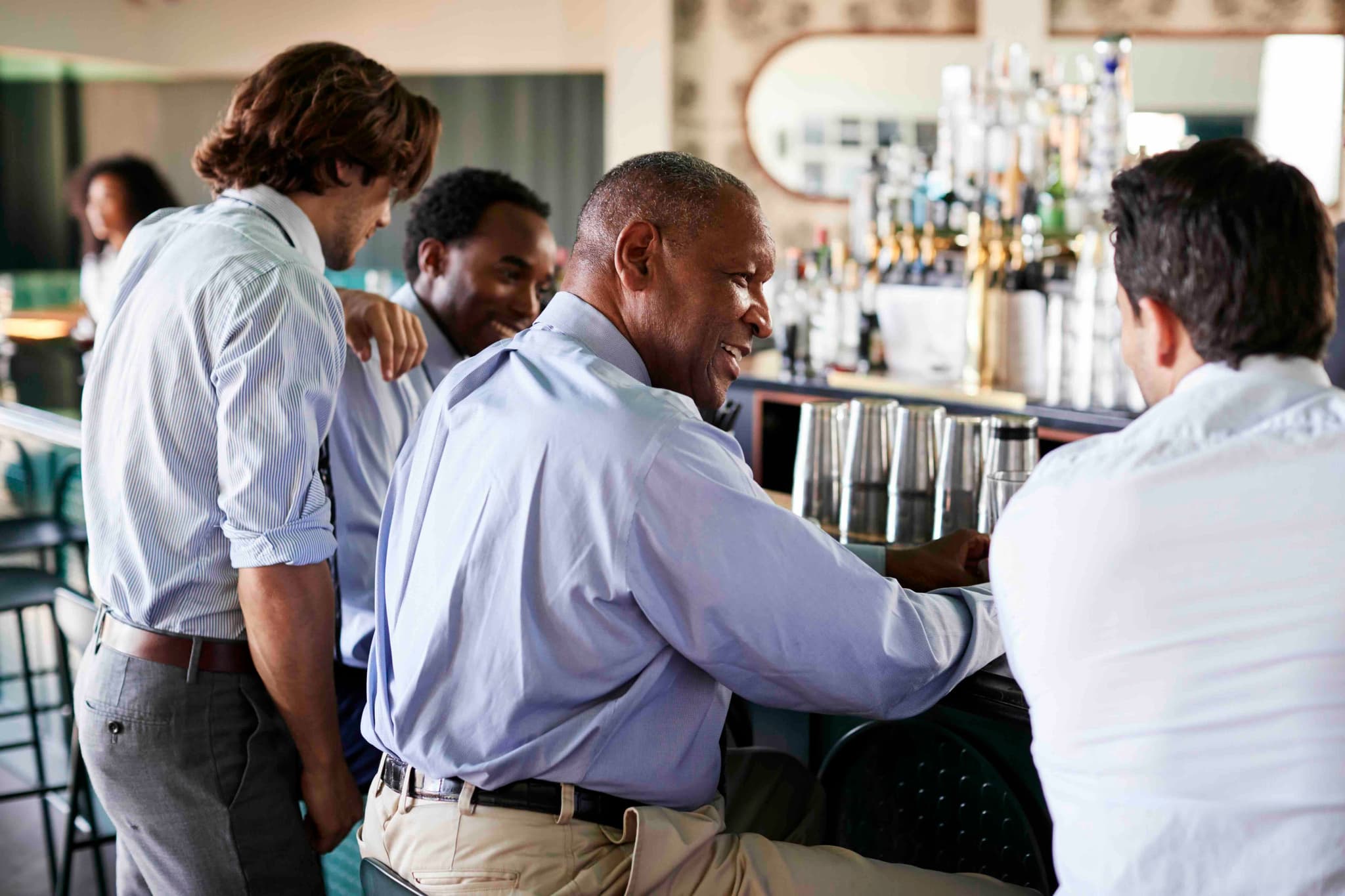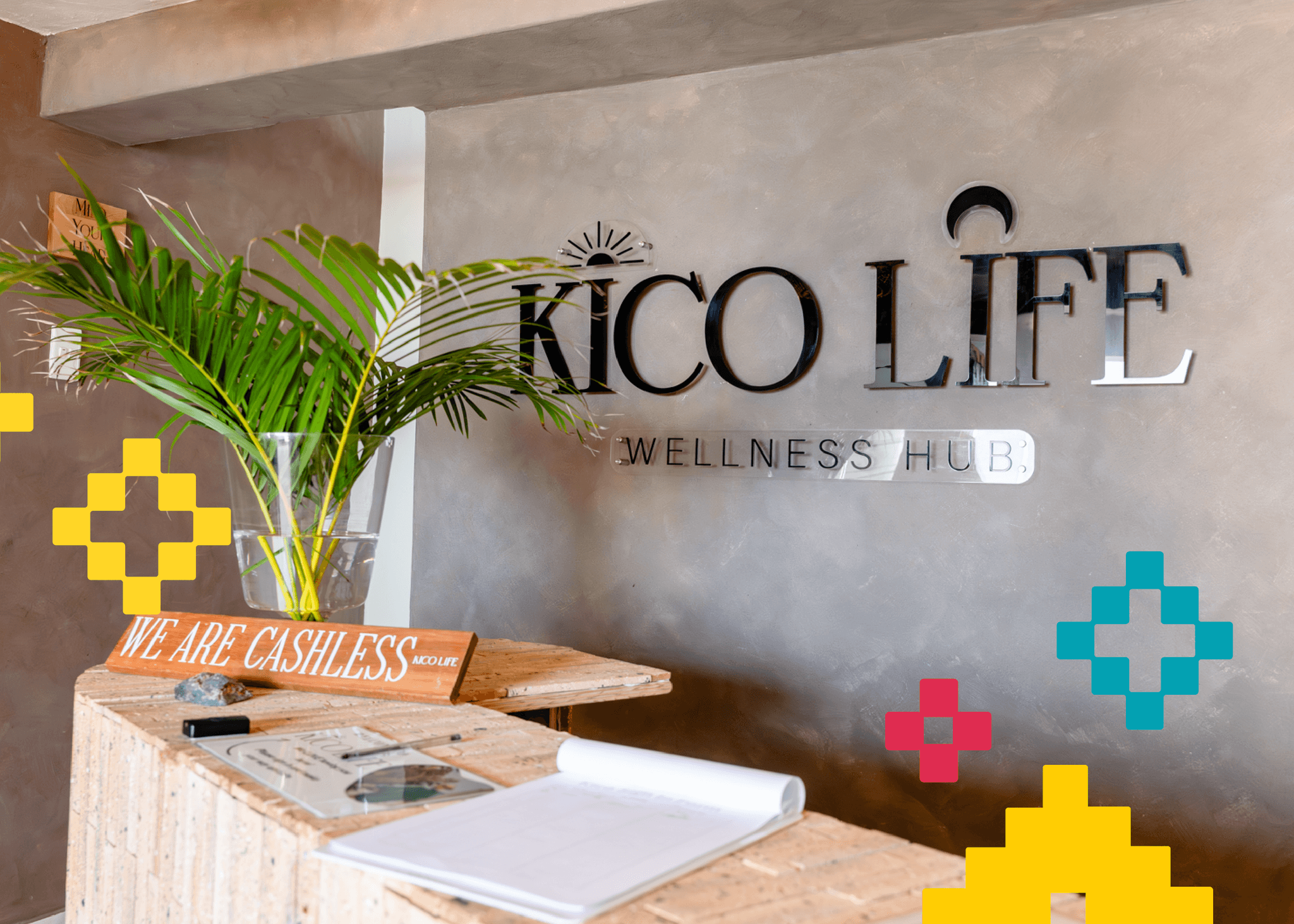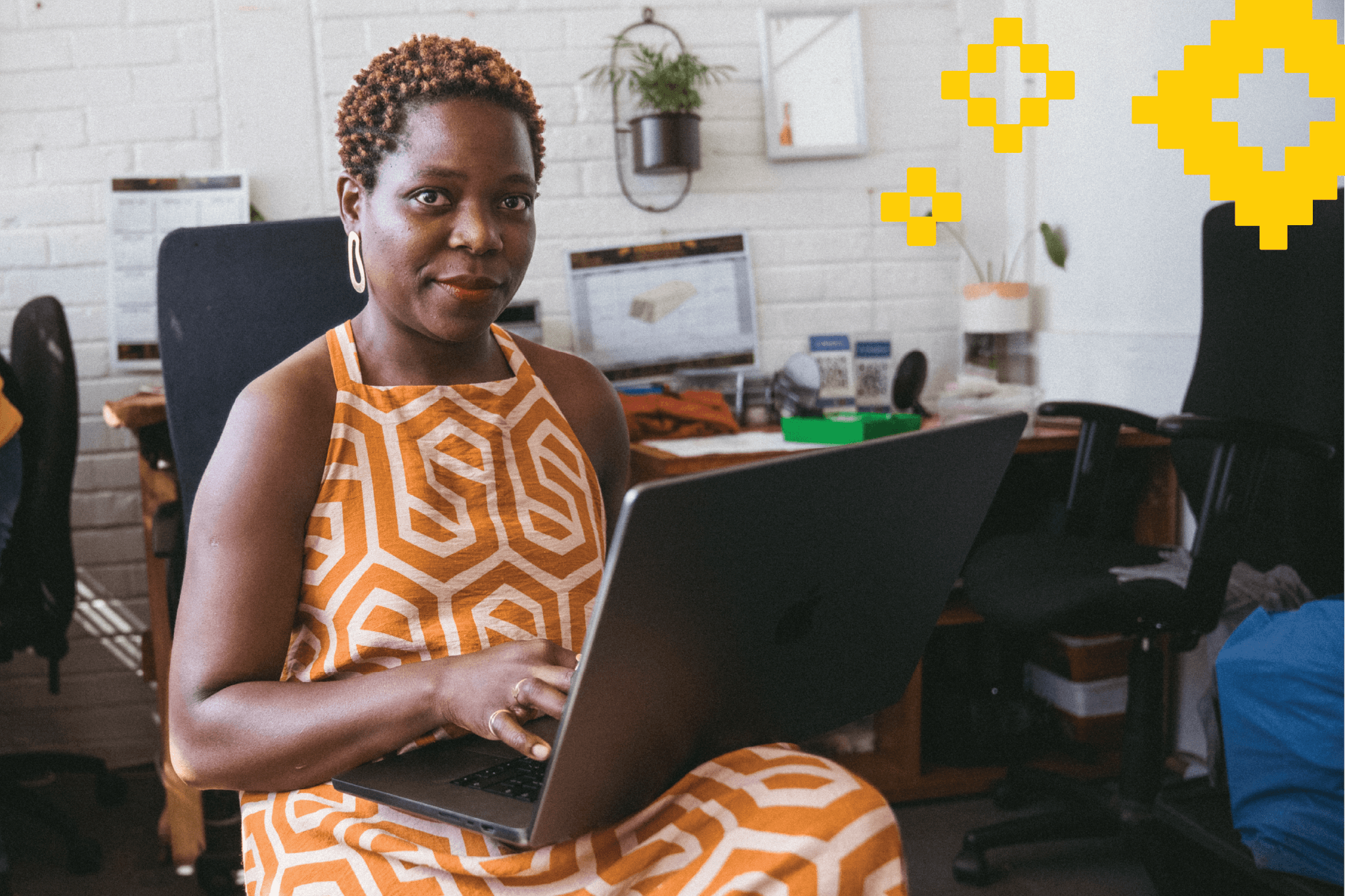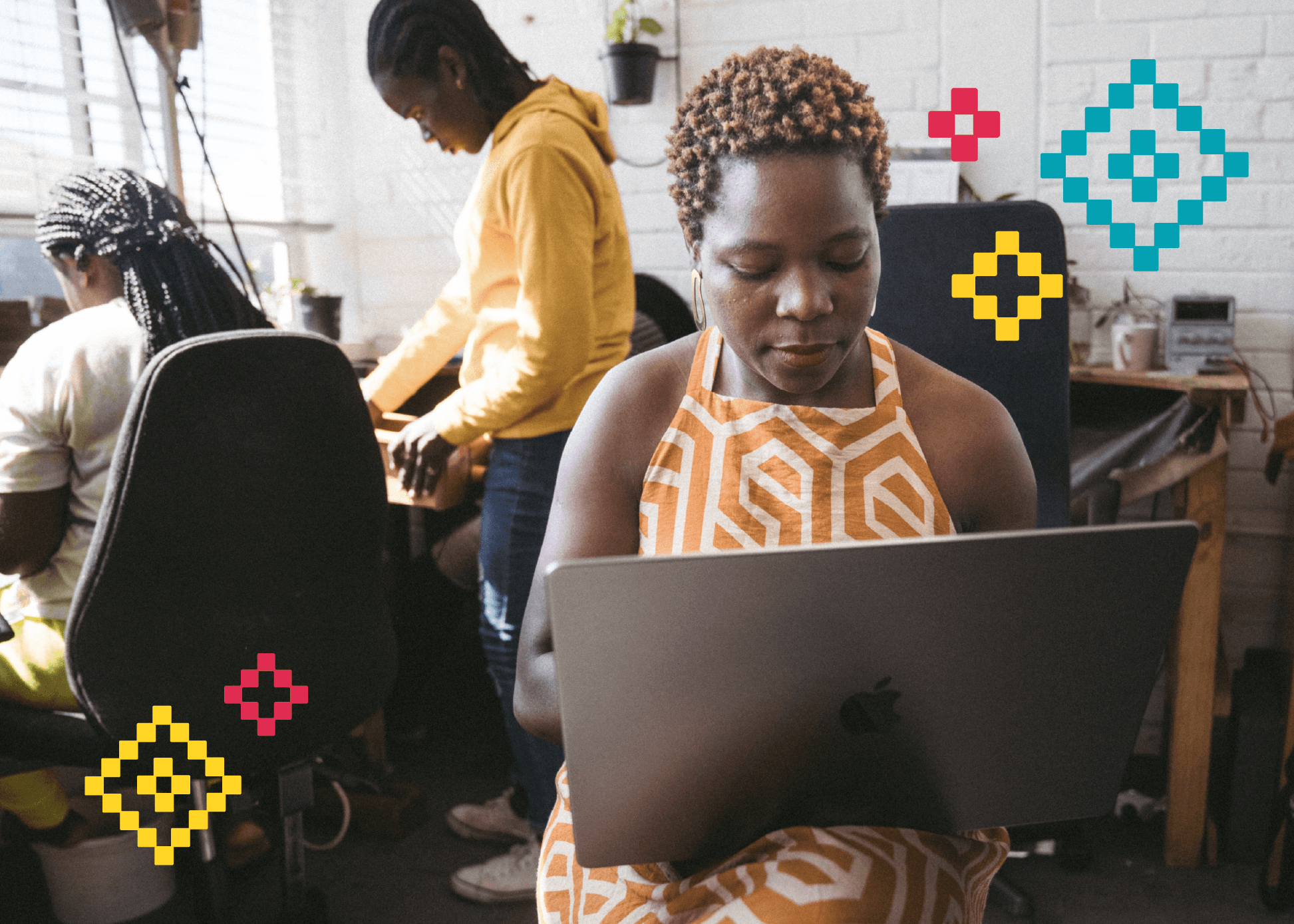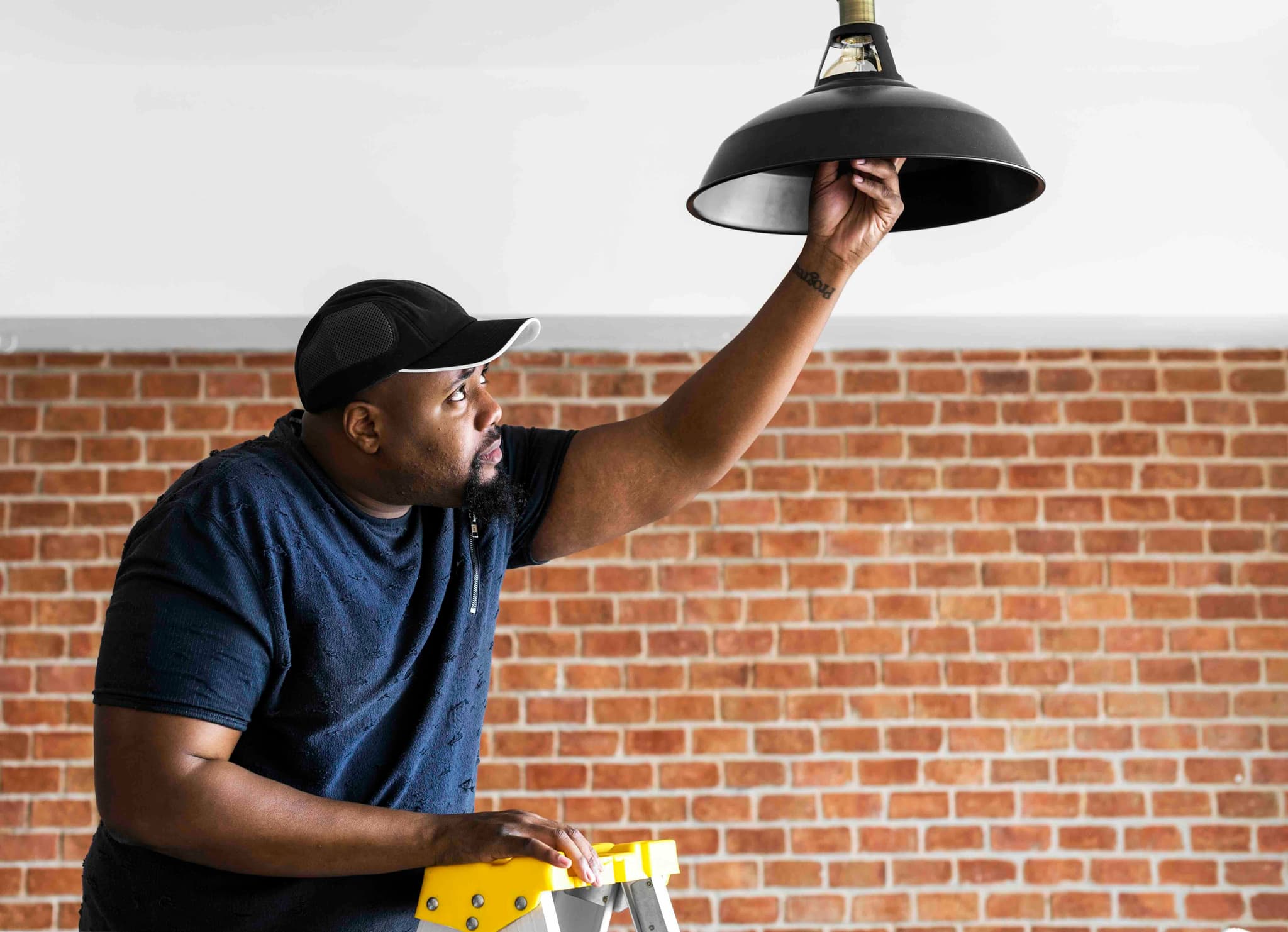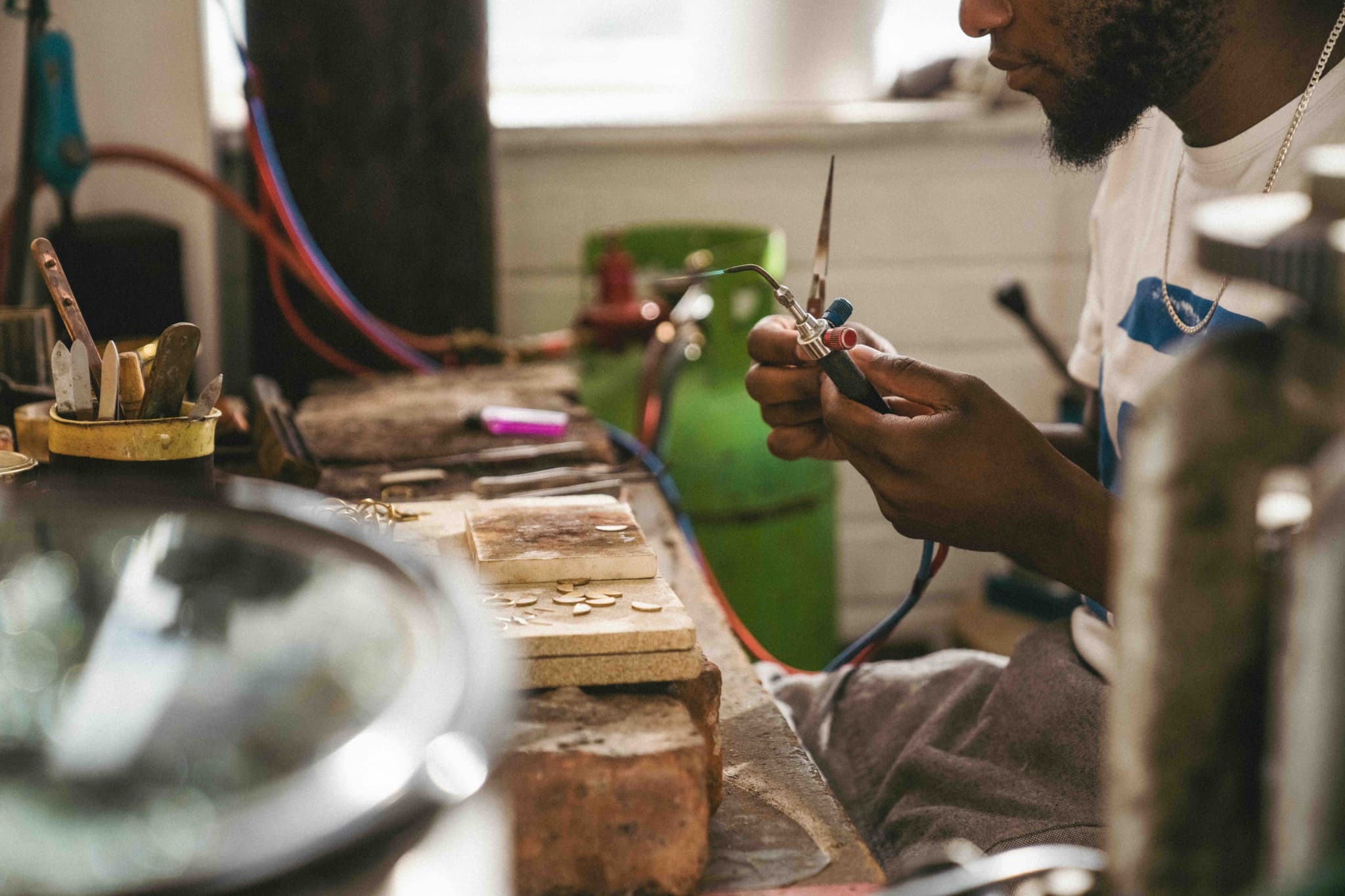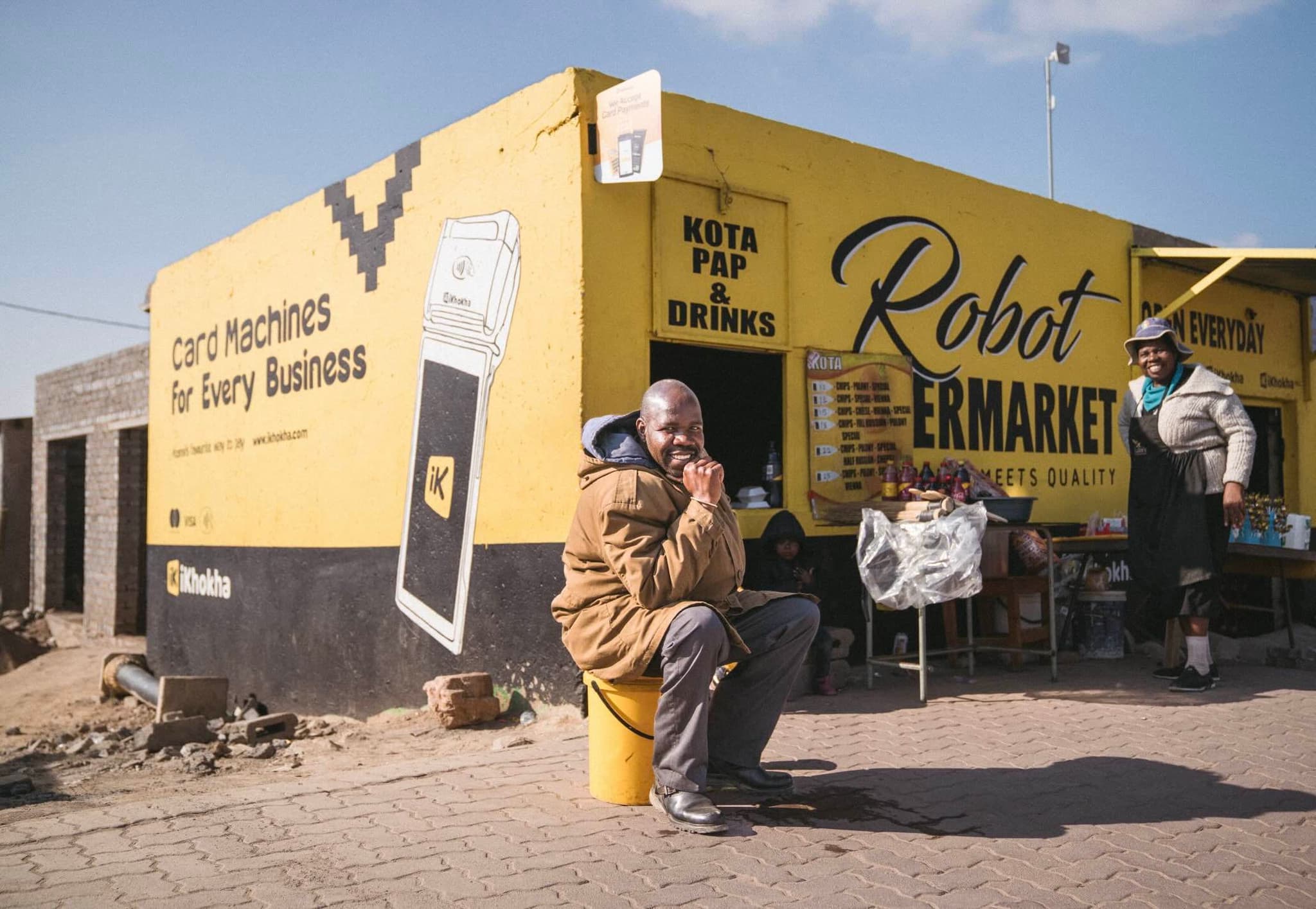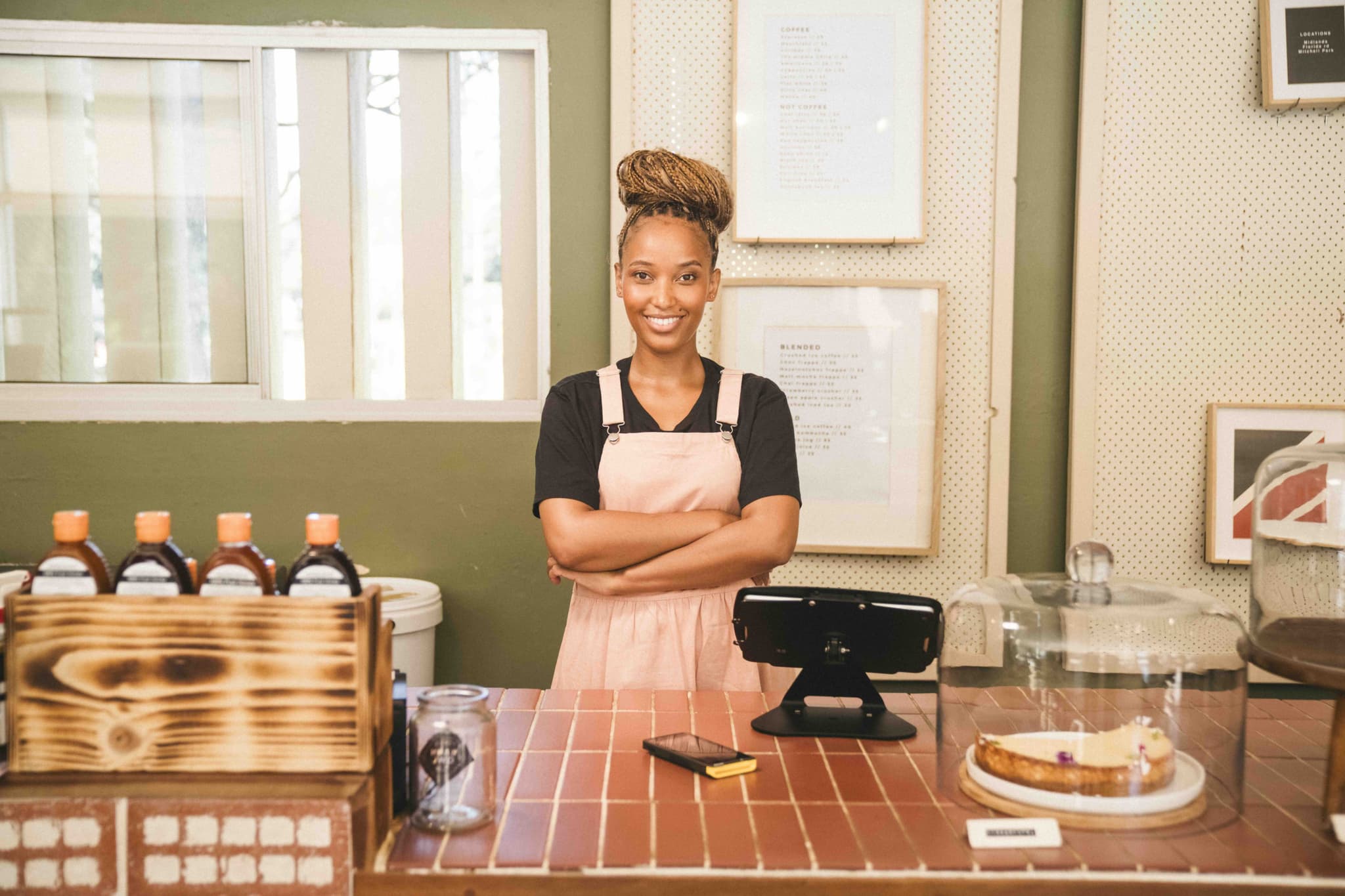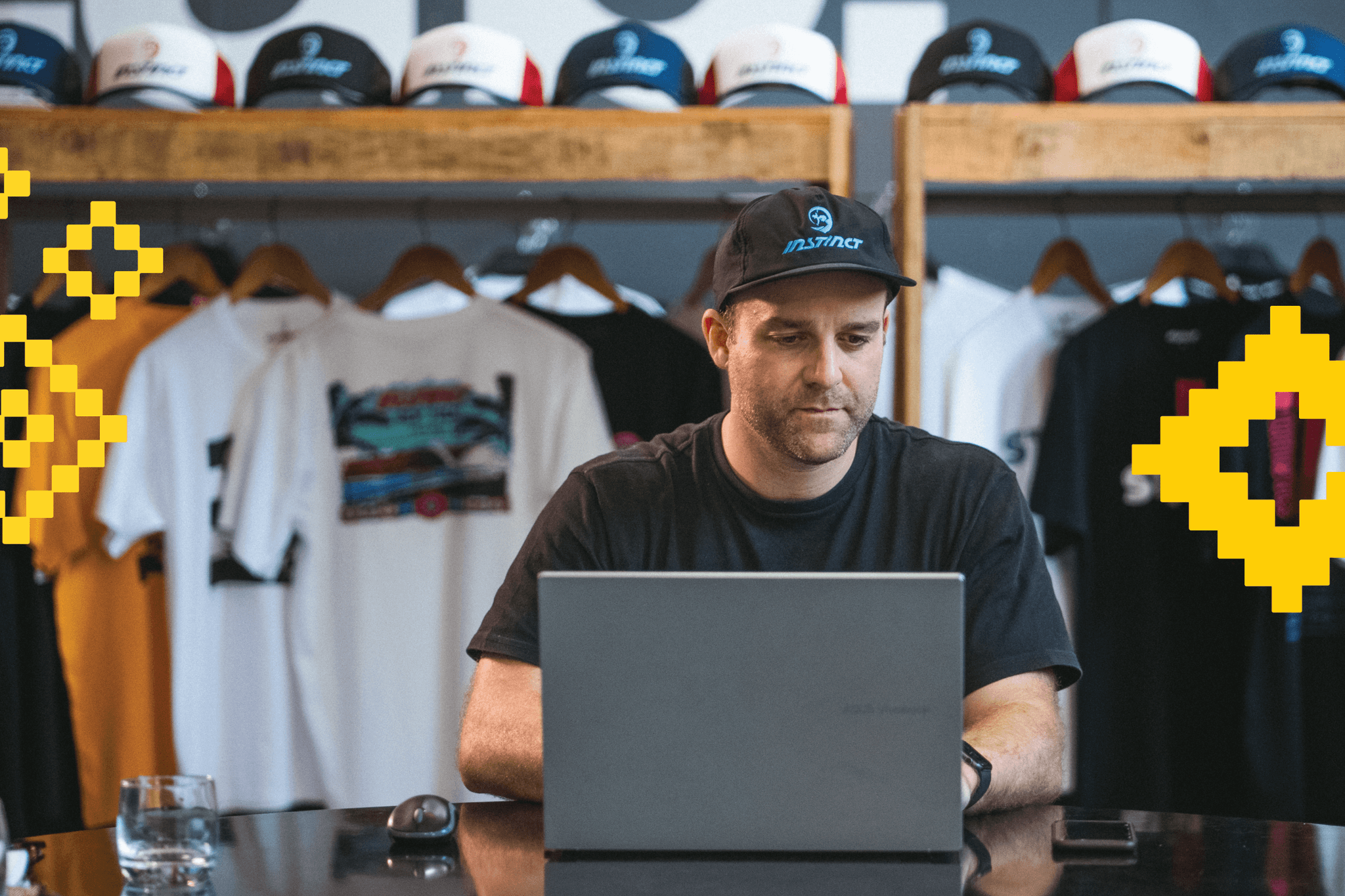
Cook Up Your Dream: How to Start a Restaurant in South Africa
Learn how to start a restaurant in South Africa. From costs to licenses and planning, turn your food dream into a business.
Table of Contents
- Introduction
- Define your restaurant concept
- Put your plan on paper
- Understanding the cost to start a restaurant
- How to fund your restaurant startup
- Test your idea with a pop-up
- Get the paperwork done
- Choose a location that works
- Build a team that represents you
- Get your POS right
- Market your restaurant
- Keep an eye on the numbers
- Ready to open your doors?
South Africans connect through food. It’s in the way we gather at shisanyamas on weekends, stop for a kota after work, or meet for a quick coffee at the local café. Good food brings people together, and that’s why so many entrepreneurs see potential in opening a restaurant. It’s a business, yes, but it’s also a chance to build a space where people feel at home.
One of the first things you’ll need to figure out is the money side, what it takes to open a restaurant in South Africa and what a realistic starting budget looks like. If you’re serious about opening a restaurant in South Africa, you’ll need clarity on your concept, your startup costs, and what it takes to run a profitable operation.
Some owners begin with a small pop-up or weekend setup to test their concept before moving into a permanent space. Others jump straight into a storefront. Whichever route you choose, the foundation stays the same: know your market, plan properly and put systems in place that help you manage the day-to-day.
Define your restaurant concept
Every restaurant begins with an idea and a vision, maybe it’s a café with a few outdoor tables and fresh muffins each morning or a takeaway counter where customers can grab affordable burgers on their lunch break. Perhaps it’s something bigger: a sit-down restaurant with a chef-driven menu and live music on weekends.
Whatever your vision may be, it should be rooted in the people you want to serve. Students, office workers, families or tourists, all have different needs and spending habits. A family-friendly spot might need space for kids, while an urban café might thrive near offices with fast Wi-Fi and takeaway coffee. If you clear on who you’re serving, the easier every other decision becomes.
Put your plan on paper
Ideas are exciting, but a business plan is what keeps you grounded. You can think of it less as a corporate document and more as a practical guide for yourself. Jot down your concept, estimate your startup costs and sketch out how you’ll cover them from savings, loans or investors. List your likely expenses (rent, staff, equipment) and what you’ll need to bring in each month to break even.
It really doesn’t need to be fancy but what matters is that you’ve thought it through. And when you’re ready to register your business officially, the plan will make that process smoother.
Understanding the cost to start a restaurant
The cost of opening a restaurant in South Africa depends on the type of setup you’re planning, as well as your location, equipment choices and licensing requirements.
As a rough guide, a small café with basic equipment like a coffee machine, fridge and simple décor can cost from around R80 000 to R150 000 to get off the ground. A takeaway outlet with fryers, grills and branding often sits closer to R150 000 to R300 000. If you’re planning a full sit-down restaurant with a staffed kitchen, décor, furniture and a liquor license, startup costs can easily reach R500 000 and go beyond R1 million.
Your biggest expenses will include rent, renovations, kitchen equipment, licenses, staff salaries and ongoing utilities. Marketing also plays a role because customers can’t visit a restaurant they don’t know exists.
How to fund your restaurant startup
Once you have a clear sense of your budget, the next step is figuring out how to finance your restaurant. Most owners combine a few sources, such as personal savings, small loans, equipment financing or bringing in a partner who believes in the vision.
If you’re already operating and need cash for upgrades, new equipment or renovations, flexible funding tools can help you scale without taking on long-term debt. Options like iK Cash Advance give small restaurant owners access to quick working capital, with repayments that adjust in line with your daily card sales. This makes it easier to expand or handle unexpected costs without the stress of fixed monthly instalments.
Test your idea with a pop-up
What happens if you are not ready to spend half a million rand yet? Well, you don’t have to. That's where pop-up restaurants come in. They are a smart way to test an idea without the full commitment of a permanent space.
You might rent a stall at a weekend market, set up a food truck or partner with a café that’s closed in the evenings. It’s a chance to see if people love your menu, tweak dishes based on feedback and build up a following. It’s also much cheaper and you don’t need a full kitchen build-out or a long-term lease to get started.
The one thing you can’t skimp on is how you accept payments. EEven at a pop-up, customers expect to tap their card or phone. Cash-only stalls often lose sales, which is where a proper POS system becomes your best friend and business partner all in one.
Get the paperwork done
Before you serve your first meal, there is admin you will need to sort out. Specifically in South Africa, you’ll need to:
- Register your business with the CIPC.
- Apply for a food business license with your local municipality.
- Meet health and safety standards.
- Secure a liquor license if you plan to serve alcohol.
It may feel like a drag, but being compliant protects your business. Customers also trust restaurants that are licensed because it signals professionalism and care.
Choose a location that works
A great location won’t guarantee success, but the wrong one can set you back before you even begin. You need to think about foot traffic, accessibility and the type of customers nearby. A student-focused café will do better near a campus than in an office park. A family-style restaurant may thrive in a residential area but struggle in the city centre.
Don’t spend all your budget on décor if it means compromising on location. A humble but well-placed restaurant often outperforms a flashy one hidden on the wrong street.
Build a team that represents you
Your team will be the face of your restaurant. A chef who delivers consistent food, waiters who greet customers warmly and a cashier who handles payments quickly, all make the difference between a one-time visit and a regular.
That is why training matters, not only in service but also in how to use your POS system. If payments are fast and smooth, your customers leave satisfied. If they’re slow or clumsy, the experience sours, even if the food is good.
Get your POS right
This is where many restaurant owners cut corners, but it’s worth investing in the right solution from the start. Your POS system isn’t just about taking payments, it’s the engine that keeps everything running.
At iKhokha, we’ve built tools that fit restaurants at every stage:
- iK Flyer: Our fastest, smartest card machine. Built for busy service where every second matters. Save your menu items in the Catalogue for quick checkout, print receipts in seconds and track sales in real time through the iKhokha app or on iK Dashboard.
- iK POS: A complete point-of-sale till system built for restaurants and retailers who need more than just payments. Manage orders, keep staff accountable with individual logins, and track sales and more.
Anyone who’s worked in a restaurant knows the weekend rush. Every seat is taken, your staff are juggling trays and customers just want to pay and get on with their night and that is where iK Flyer and iK POS make a real difference. Tap, pay, receipt - done.
Market your restaurant
Even the best food won’t sell itself. Start building excitement before you open. Share behind-the-scenes updates on social media, hand out flyers in your community or invite local influencers to try your menu.
After launch, consistency is key. Post regularly, update your Google Business Profile with photos and hours, and encourage happy customers to leave reviews. Word of mouth in South Africa is powerful, and good service spreads fast.
Keep an eye on the numbers
A busy restaurant isn’t always a profitable one. Keeping an eye on your numbers will help you understand what’s working and where you need to adjust. With the iKhokha app, you can see sales as they happen, while iK Dashboard gives you a clear picture of your performance and helps you set goals for growth.
Data gives you clarity instead of guessing, which in hindsight, you’ll know when it’s time to adjust your menu, hire more staff or potentially even open a second branch.
Ready to open your doors?
Figuring out how to start up your own and opening it is as rewarding as it is challenging. It takes vision, planning and persistence but it also brings the joy of seeing people gather around your tables. So, to recap, start with a clear idea, be realistic about costs, test your concept if you need to and invest in systems that keep your business running smoothly.
And remember: food may bring people in, but efficiency and service keep them coming back. With the iK Flyer or iK POS, you can accept payments fast, keep sales organised, and run your restaurant like a professional from day one.
